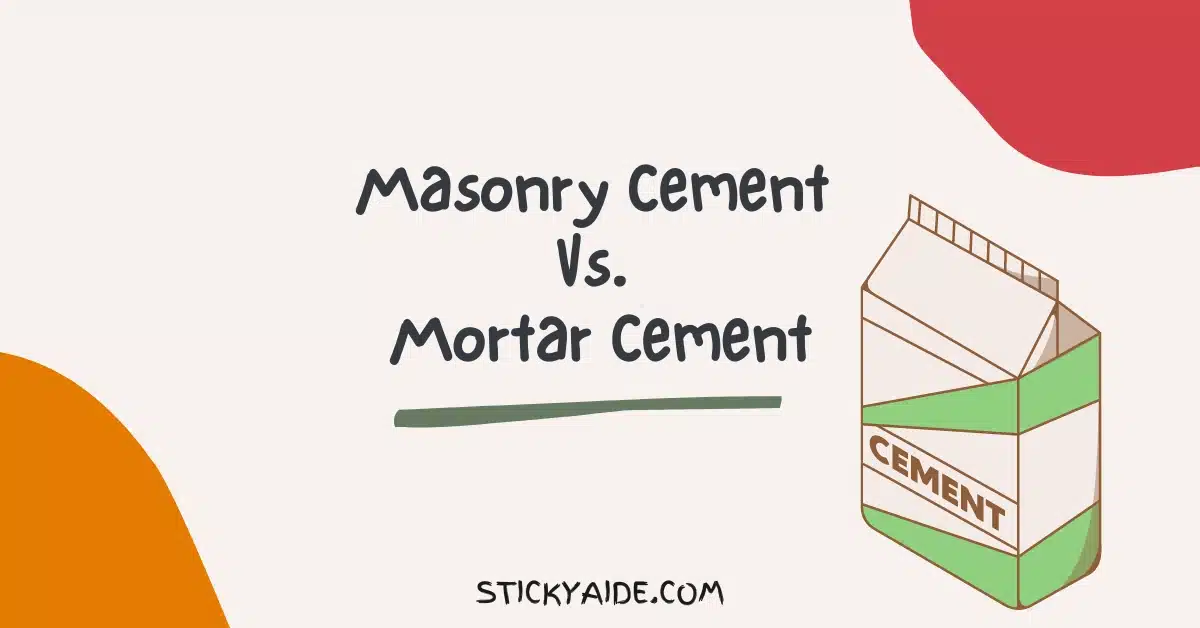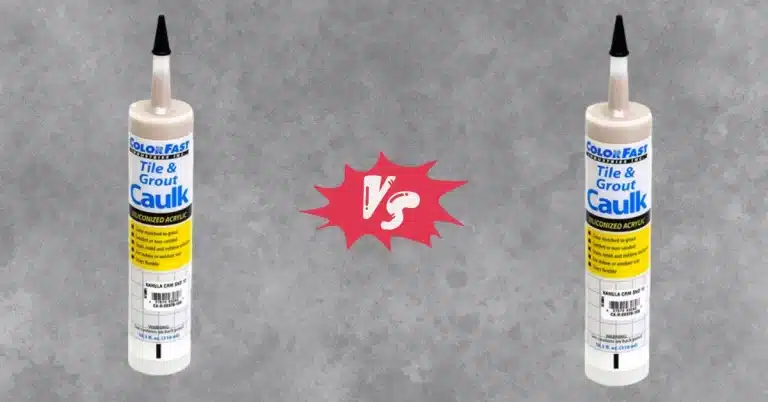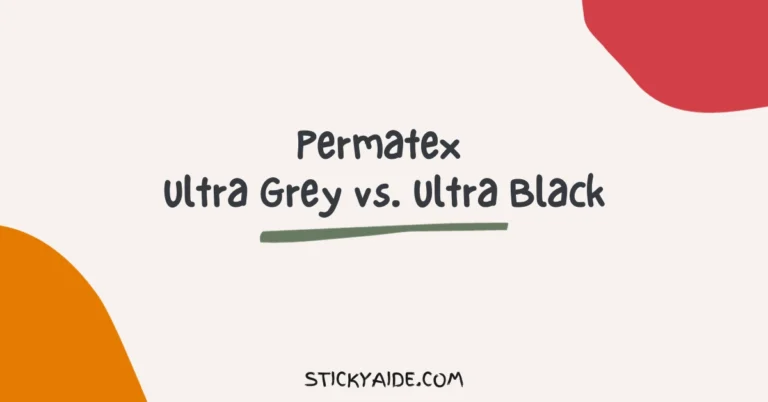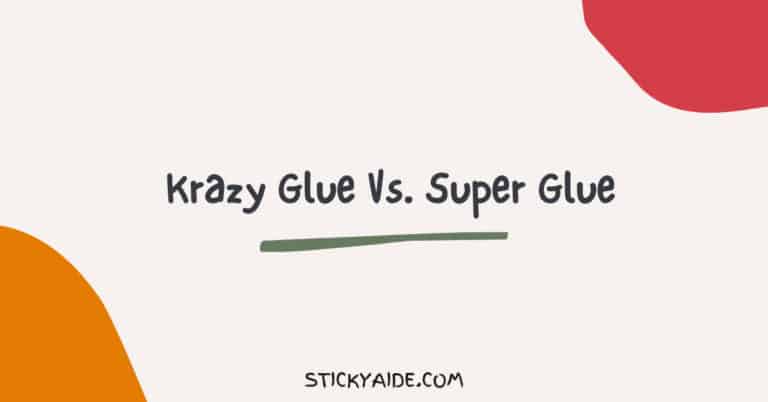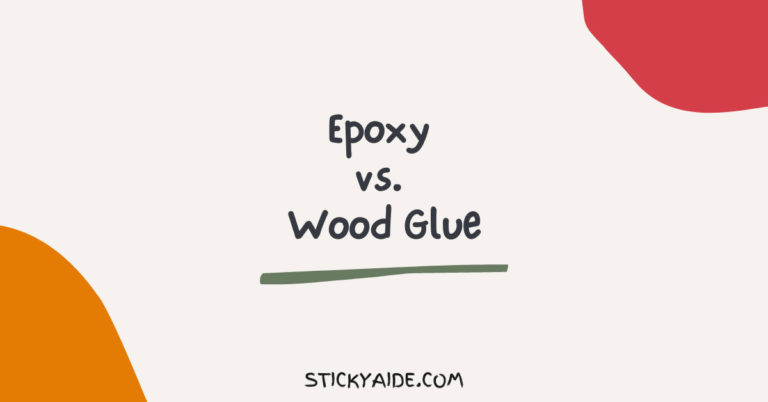There are many types of cement you can use in construction. Masonry cement and mortar cement are both used for masonry work, but they have different characteristics.
Masonry cement is a type of Portland cement with more lime and a finer texture. It is more sticky and good for making mortar. Mortar cement, however, is made of masonry cement and has less air in it. This makes it stronger and better for bonding.
Here, In the battle between Masonry Cement Vs. Mortar Cement, I will help you better understand their differences by analyzing them in detail.
Read More: Masonry Cement Vs. Portland Cement
Masonry Cement Vs. Mortar Cement
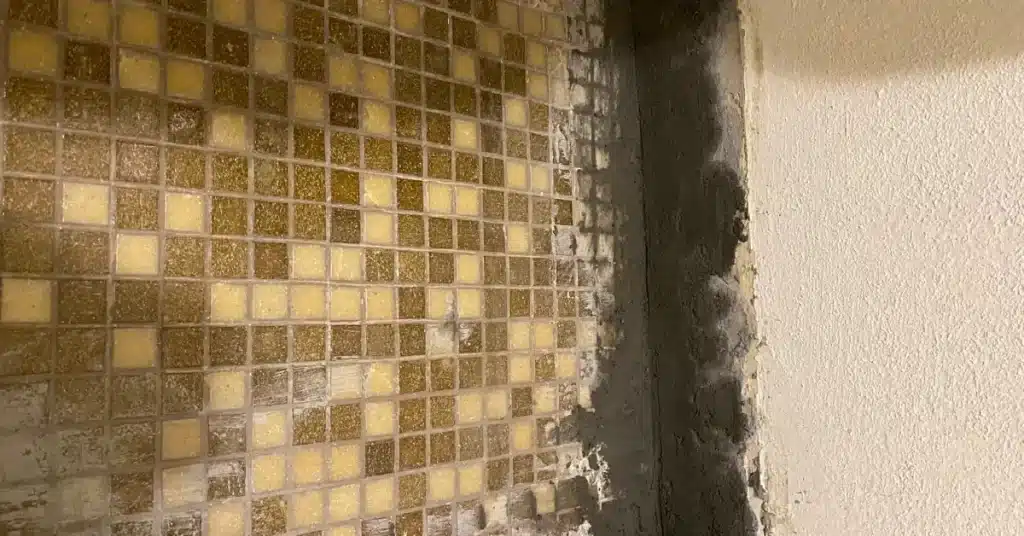
Overview of Masonry Cement
Masonry cement is composed of Portland cement and has a finer texture than mortar cement. It has a higher lime content which makes it more adhesive, and is used to make mortar.
Masonry cement is typically used for interior and above-grade applications, such as parapet walls, non-load-bearing walls, and veneers. It is possible to use masonry cement outside, but it requires additional protection from moisture and freezing.
In masonry cement, strength levels are indicated by Type N, Type S, and Type M, which indicate the mortar’s minimum compressive strength. The higher the strength level, the stronger the mortar will be. It is important to note that higher strength can also lead to reduced flexibility and workability.
Overview of Mortar Cement
Mortar cement is made with masonry cement and has less air content which increases bond strength. This increased bond strength makes mortar cement ideal for use in applications where a strong bond between materials is required.
Mortar cement has the advantage of being able to be used in many different masonry applications. It can be used to lay bricks, blocks, and stone and can be used in both load-bearing and non-load-bearing walls.
There are also different strength levels of mortar cement, such as Type N, Type S, and Type M, but they have a higher minimum compressive strength than masonry cement. In other words, mortar cement can withstand higher loads and stresses than masonry cement.
The resistance of mortar cement to water penetration, sulfate attack, and freeze-thaw cycles is also better than that of masonry cement.
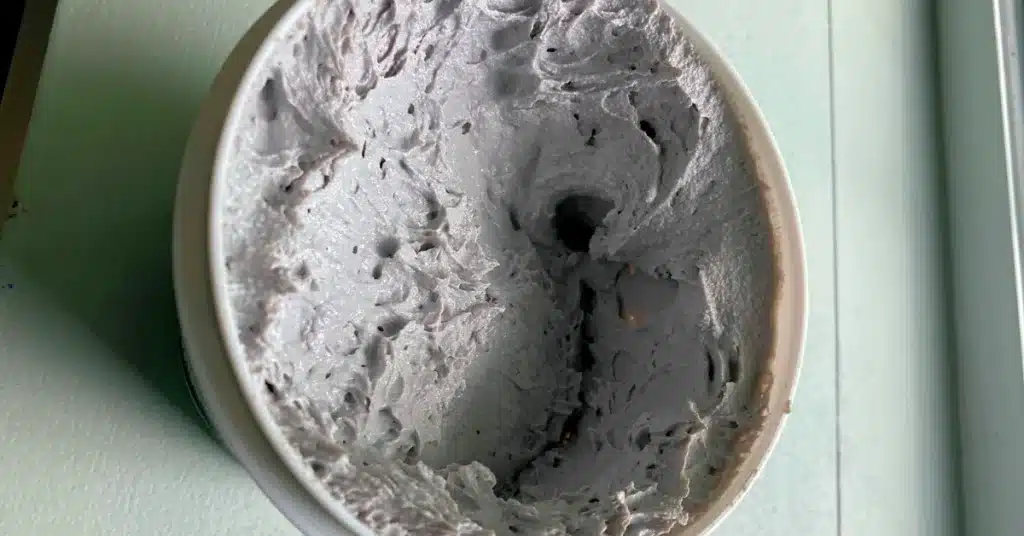
Differences Between Masonry Cement and Mortar Cement
| Masonry Cement | Mortar Cement |
| Made with Portland cement | Made with Masonry cement |
| More adhesive and workable | More durable and resistant |
| Finer powder and higher lime content | Less air content and higher bond strength |
| Lower minimum compressive strength | Higher minimum compressive strength |
| Suitable for interior and above-grade applications | Suitable for exterior and below-grade applications |
What Should You Use? Masonry Cement or Mortar Cement?
That actually depends on the type of masonry work you are doing and the desired properties of the mortar. Masonry cement and mortar cement are both used to make mortar, but they have different characteristics.
Masonry cement is a type of Portland cement with more lime and a finer texture. It is more sticky and good for making mortar.
Mortar cement, however, is made of masonry cement and has less air in it. This makes it stronger and better for bonding.
You should also consider other factors, such as the type and absorption of the masonry unit, the climate and exposure, the applicable building codes, and engineering requirements.
Generally speaking, masonry cement is preferred for interior and above-grade applications that do not require high strength or durability.
On the other hand, mortar cement is preferred for exterior and below-grade applications that require high strength or durability. However, there may be exceptions or variations depending on the specific project.
It’s important to follow the manufacturer’s instructions when mixing, pouring and curing mortar to make sure it performs well.
Can You Use Masonry Cement as Mortar?
It is possible to use masonry cement as mortar, but it may not be the best option for every application. Some situations may require mortar cement, which is designed specifically for mortar use.
Is Mortar Stronger Than Masonry?
In general, masonry is stronger than mortar because mortar serves primarily as a filler and connector, rather than a load-bearing material. Mortar is a binding agent for masonry units, such as brick, concrete block and stone. Masonry is a structure or assembly of masonry units bonded with mortar.
Can Mortar Be Used for Plastering?
Plastering with mortar is possible, but it may not be suitable for every surface or condition. It may also require more skill, care, and cost to use mortar than other types of plaster.
Last Opinion
Both masonry cement and mortar cement are used in brick, concrete block, and stone masonry construction.
Before choosing one or the other, you should consider their different features and applications. The masonry cement sticks better but is less durable, while the mortar cement is more durable but harder to work with.
Hopefully, by reading this article about masonry cement vs. mortar cement, you can choose the right one for your project.

